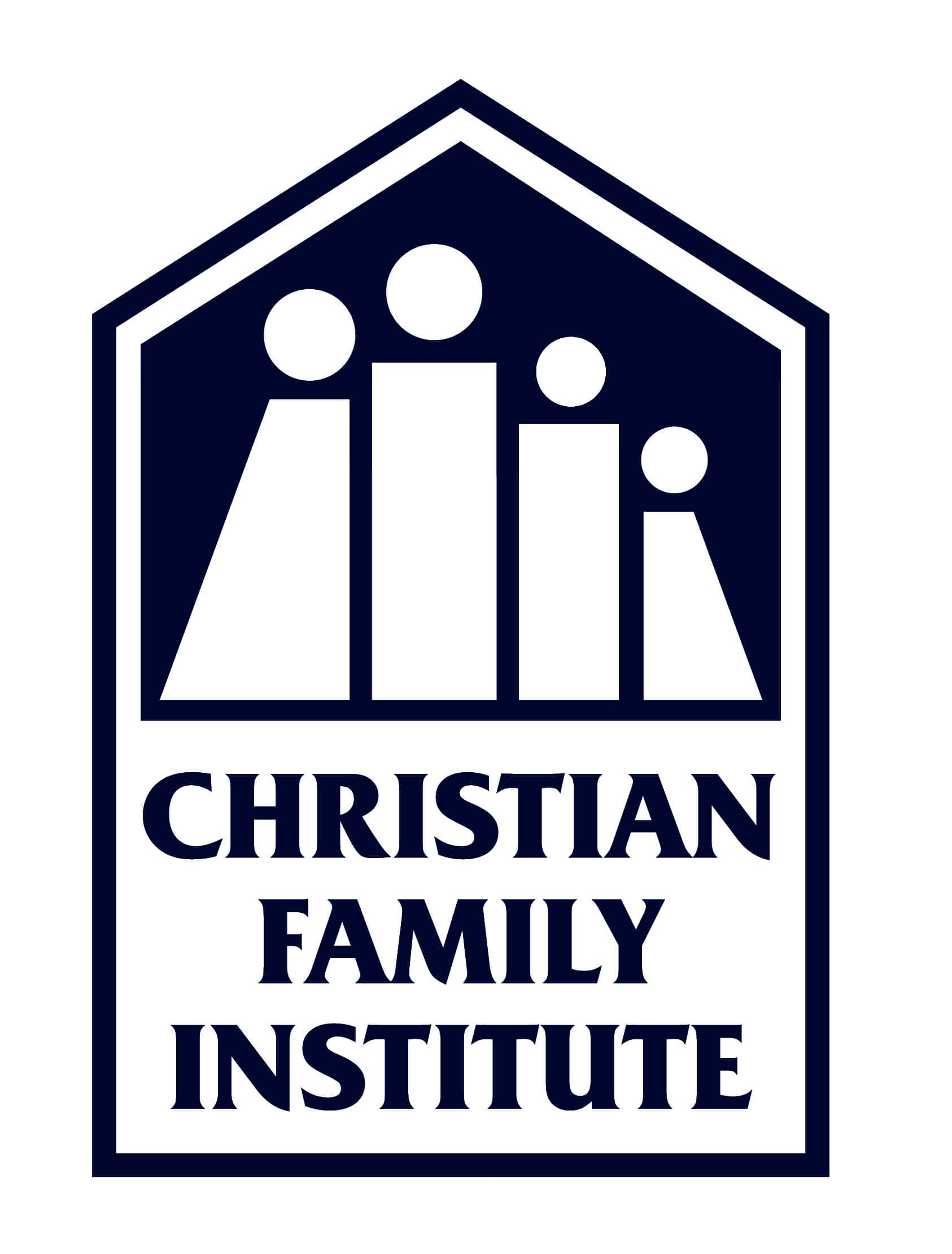Court Services
& Evaluations
Many life situations result in becoming involved with the courts.
Please read through the service descriptions below to identify whether our forensic experts can help you. Many of the services listed below will be provided by Oklahoma Psychological Evaluations, a division of Christian Family Institute.

This broad category includes evaluations performed at the request of attorneys or the court.
- Individual Psychological / Mental Health Assessment
- Competency
- Criminal / Civil court matters
- Risk Assessment
- Parental Capacity / Visitation
- Child Custody
- Limited scope family assessment
- Psychological testing (i.e. MMPI-3, PAI)
- CLEET
- Sexual assessment
- Anger management
When parents cannot agree on a plan for raising their children, the court may order a custody evaluation to make recommendations for the best interests of the child. This is a comprehensive process that includes a series of individual and relationship evaluations, home visits, psychological testing, review of court documents and other records, and interviews with other relevant parties.
When the evaluation is completed, a formal case review is held with the attorneys representing both parents to discuss findings and recommendations regarding the best interest of the child(ren) in question. A summary report is then prepared and provided to the attorneys.
During custody disputes or petitions to modify custody, evaluations of the parents and/or significant others may be ordered by the court. The order of the judge will specify who and what is to be evaluated. Following the evaluation, a report is written to the court summarizing the findings and answers to the questions of concern.
A Family Court Judge may appoint a Parenting Coordinator (PC) who serves parents in dispute over specific matters related to parenting decisions. Oklahoma law defines a PC’s role and the limits of their authority. A PC can save time and costs associated with going back to court and can be given authority to make decisions when parents cannot agree on specific matters. Some of the mental health professionals at CFI are on the approved list by District Courts to provide this service.
In cases where parent-child contact has been interrupted for any variety of reasons, the court may order Reconciliation Therapy in order to ease the transition and resumption of parent-child contact and visits. This service is regulated by court order as to frequency of visits, who is to attend, and who is responsible for fees, etc.
Courts, police, employers, schools, and other institutions recognize that some people present a danger to others. Our professionals are trained to conduct mental health evaluation specifically focused on potential for violence, danger, or mental illness.
Mediation is utilized in order to resolve disputes without litigation and is an effective and more cost efficient alternative. Issues involving divorce, child custody, employee conflicts, and business or property disputes can benefit from a mediator in the problem-solving process.
To help you identify a court-acceptable resolution, contact our office with your situation, and we will assign one of our neutral, trained professionals to meet with both parties until the dispute reaches a mutually agreeable settlement.
This form of mediation can help resolve any dispute which would otherwise end up as a lawsuit filed with the court. In Oklahoma, the District Court Mediation Act gives judges the authority to refer any case to mediation in an attempt to defer a costly trial. Scenarios can include any grounds for suing, such as business disagreements, employee / employer disputes, property disputes, neighbor conflicts, school / parent / child disputes, church leader conflicts, car accidents, product liability issues, and disputes with insurance companies.
The meeting space is a safe environment for civil discussion of differences as the mediator guides the parties to resolve their issues. Our professionals will refrain from forming judgments or pushing people into premature agreements. However, they can present a wide range of possible resolutions once a mutual commitment to make the decision outside of court has been secured from both parties.
When a couple decides they’re no longer able or willing to stay married, our professionals can aid the decision-making with a more peaceful alternative to costly and adversarial court battles. Trained staff guide you through all the requisite items to develop a court-recognized Decree of Divorce. When children are involved, we develop Parenting Plans to assist both parents in continuing their roles in their children’s lives.
The mediator ensures both parties are aware of their rights and options. Either person may choose to withdraw from mediation at any time (though this rarely occurs in our experience), and no rights are lost from the attempt. Some fear they will be talked into a settlement they’ll regret; however, a skilled mediator is responsible to balance power between parties, seeing that one person does not intimidate the other.
Statistically speaking, mediation means…
- Doing less harm to any involved children
- Going to court less often those who fight in court, lose, and open the dispute again
- Spending a tenth of the cost of usual attorney fees and a fraction of the average $15K spent on child custody battles
- Spending less than the 1 – 2 years typically needed for courts to decide a contested divorce
Is a mediated agreement enforceable by the court?
At the conclusion of mediation, an agreement will be drafted and reviewed by a neutral attorney(s) to file with the court as a binding agreement (Court Order). This cost is usually in the hundreds of dollars, rather than the tens of thousands spent in an adversarial process.


